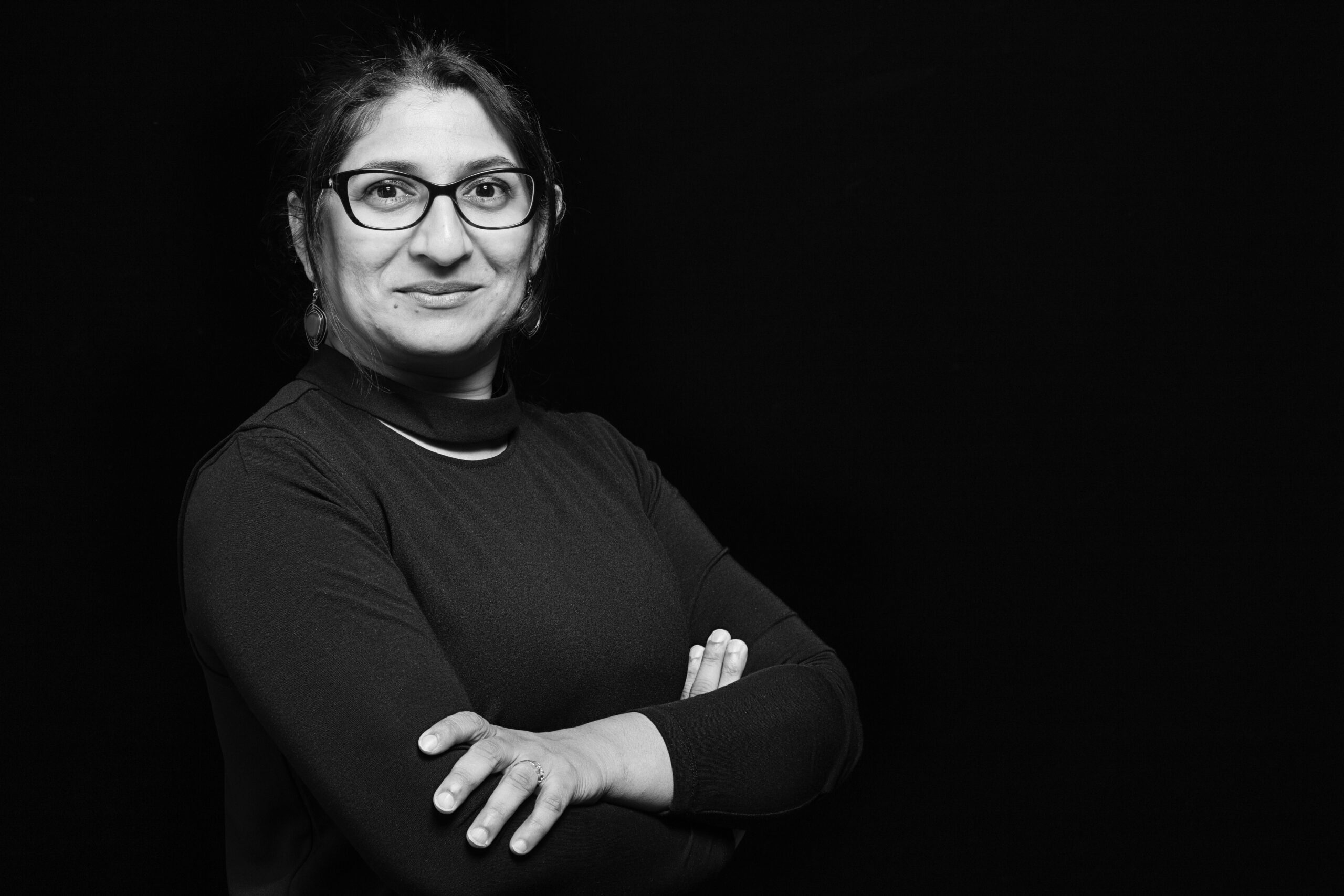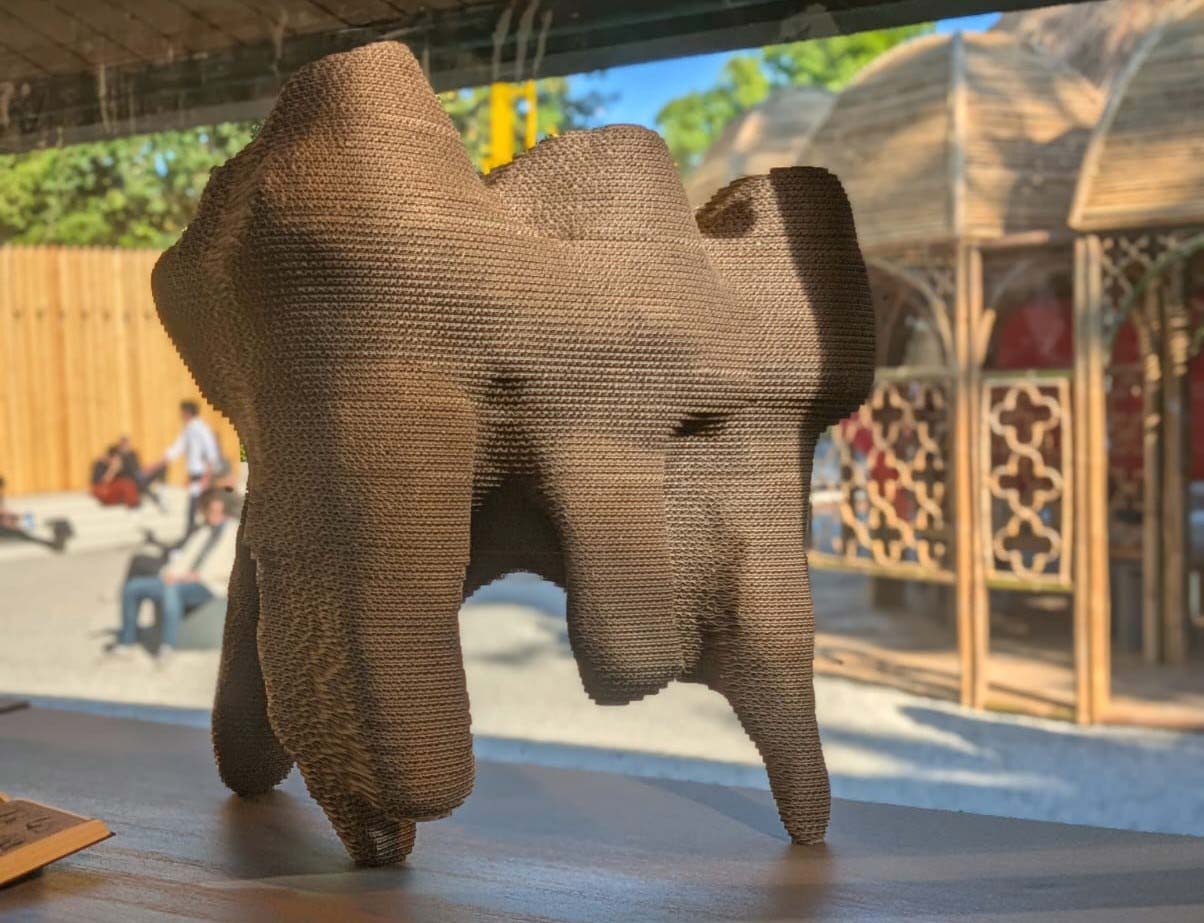Taubman College Announces Faculty Promotions
Taubman College congratulates the following faculty whose promotions were approved by the University of Michigan Board of Regents at their May 20,2021, meeting:
Matias del Campo
Granted Tenure at His Rank of Associate Professor of Architecture
Matias del Campo is a globally engaged faculty member who effectively combines peer-reviewed scholarly research with creative practice, usually design work both professionally commissioned and speculative. He is a sought-after speaker at universities and conferences around the world; a writer publishing books, articles, and edited special journal issues in the U.S., Europe, and China; and a designer working through both professional practice and visionary proposals.
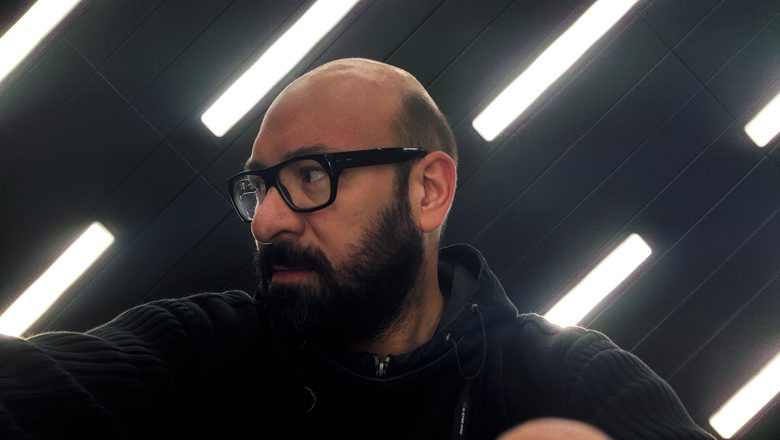
Consistently at the leading edge of speculation and keeping the college at the forefront of technological experimentation, del Campo brings a valuable capacity to identify, master, and shape emerging subfields of architectural creativity and research where digital technology meets architectural design. His research efforts apply the innovative use of computational tools to the design of architectural elements of both a historical and contemporary nature. Del Campo received a master of architecture in 2003 from the University of Applied Arts in Vienna, Austria, and more recently completed a doctor of philosophy in 2018 at the Royal Melbourne Institute of Technology in Melbourne, Australia. Before joining the Taubman College faculty in 2014 as an associate professor, without tenure, he was a lecturer at the University of Pennsylvania. He has also been a visiting professor at institutions such as the Dessau Institute of Architecture in Germany, the Technische Universität Wien, and Rensselaer Polytechnic Institute.
Lan Deng
Promotion to Professor of Urban and Regional Planning, with Tenure
Lan Deng is a field-leading expert on policies that create or incentivize provisions of affordable housing in the United States and China. She has established herself as a prominent authority on the Low Income Tax Credit, related policies, and the dynamics of housing finance and affordability in Detroit and similar legacy cities. She has also become a leading U.S. expert in China’s housing policy, an area of growing importance, and is at the cutting edge of scholarly work addressing the provision of affordable housing in that strong-state system through a public housing program that is transitioning to a more market-oriented approach.
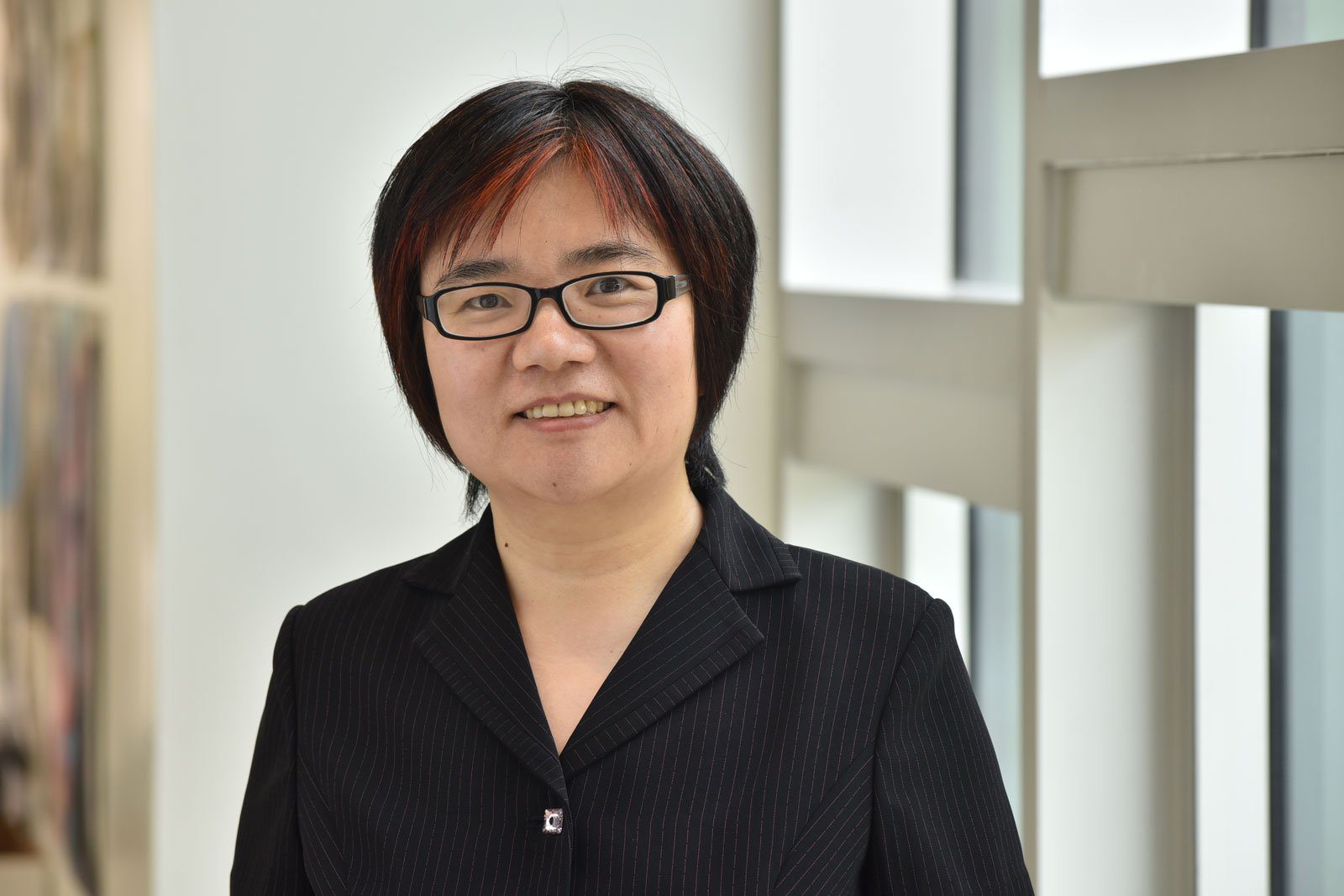
Deng’s scholarship has been disseminated in academic peer-reviewed articles in the top journals for the urban and regional planning discipline, as well as leading interdisciplinary and international journals addressing urban and housing issues, book chapters, book reviews, professional research reports, and academic presentations. Deng received her bachelor of science degree in geography in 1996 from Peking University, her master of science degree in geography in 1999 from Peking University, and her doctoral degree in city and regional planning in 2004 from the University of California, Berkeley. She joined the Taubman College faculty in 2004 as an assistant professor and was promoted to associate professor with tenure in 2012. She has held a variety of important academic leadership appointments, including the director of the Real Estate Development Graduate Certificate Program from 2016 to 2020, and the associate director of U-M’s Lieberthal-Rogel Center for Chinese Studies beginning this past fall.
Robert Goodspeed
Promotion to Associate Professor of Urban and Regional Planning, with Tenure
Robert Goodspeed’s research shows how technological methods and tools — “planning support systems” — can advance community and collaborative planning. His research on new digital technologies and scenario-based city planning makes a distinctive contribution to the field of urban planning by showing how practitioners can design and implement these technologies in a more genuinely empowering, democratic, and equitable manner. Toward these overarching cultural goals, Goodspeed has developed an innovative, integrative framework for implementing planning support systems amid an increasingly widespread interest in collaborative planning. His innovative treatment both of methodology and of measures of success allow collaborative stakeholders to rethink a long-standing distrust of digital technologies.
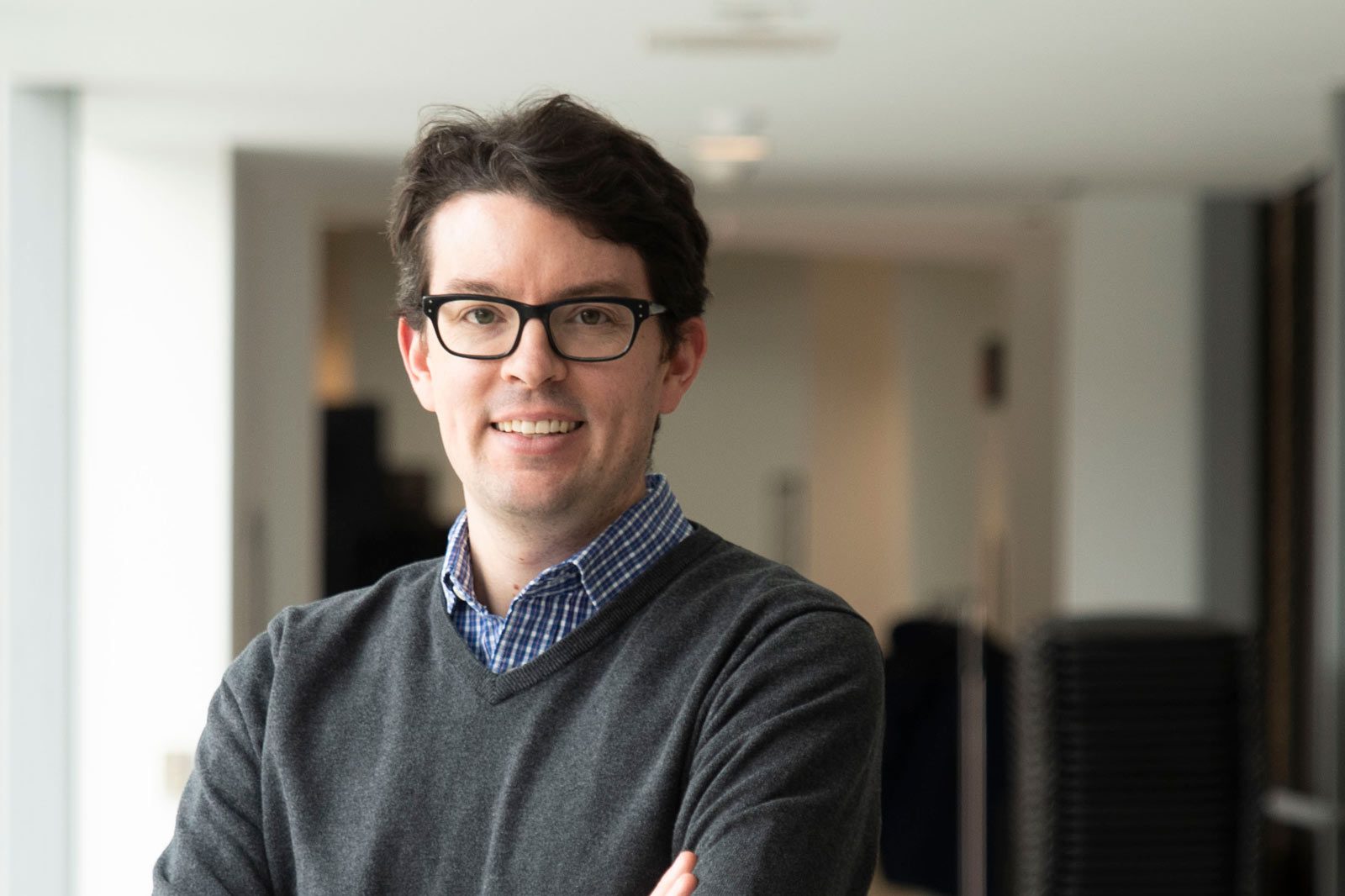
A prolific author with a high capacity for both individual and collaborative research, Goodspeed’s work has been disseminated through a solo-authored book, a co-edited book, numerous peer-reviewed journal articles, and peer-reviewed book chapters. Goodspeed earned his bachelor of arts in history in 2004 from the University of Michigan, his master of community planning degree in 2008 from the University of Maryland–College Park, and his doctoral degree in urban and regional planning in 2013 from Massachusetts Institute of Technology. In between his undergraduate and graduate studies, he worked for a variety of organizations including advocacy groups, think tanks, and educational venues in the Washington, D.C., metro area. Upon completing his doctoral studies, Goodspeed joined the Taubman College faculty in 2013 as an assistant professor of urban and regional planning.
Joe Grengs
Promotion to Professor of Urban and Regional Planning, with Tenure
Joe Grengs‘s scholarship challenges the tendency of transportation planners to focus on mobility and advocates instead for a more holistic focus on accessibility. In his analytical framework, mobility is one leg of a tripod that also encompasses land use and digital connectivity, and by planning in this more comprehensive way, we can promote equitable benefit in our built environment. Grengs has secured significant research funding in excess of $1M and has disseminated this research by publishing a co-authored academic press book, academic peer-reviewed articles in top journals for the urban and regional planning academic field and the transportation planning subfield, peer-reviewed book chapters, practitioner journal articles, research reports, and peer-reviewed academic conference presentations.
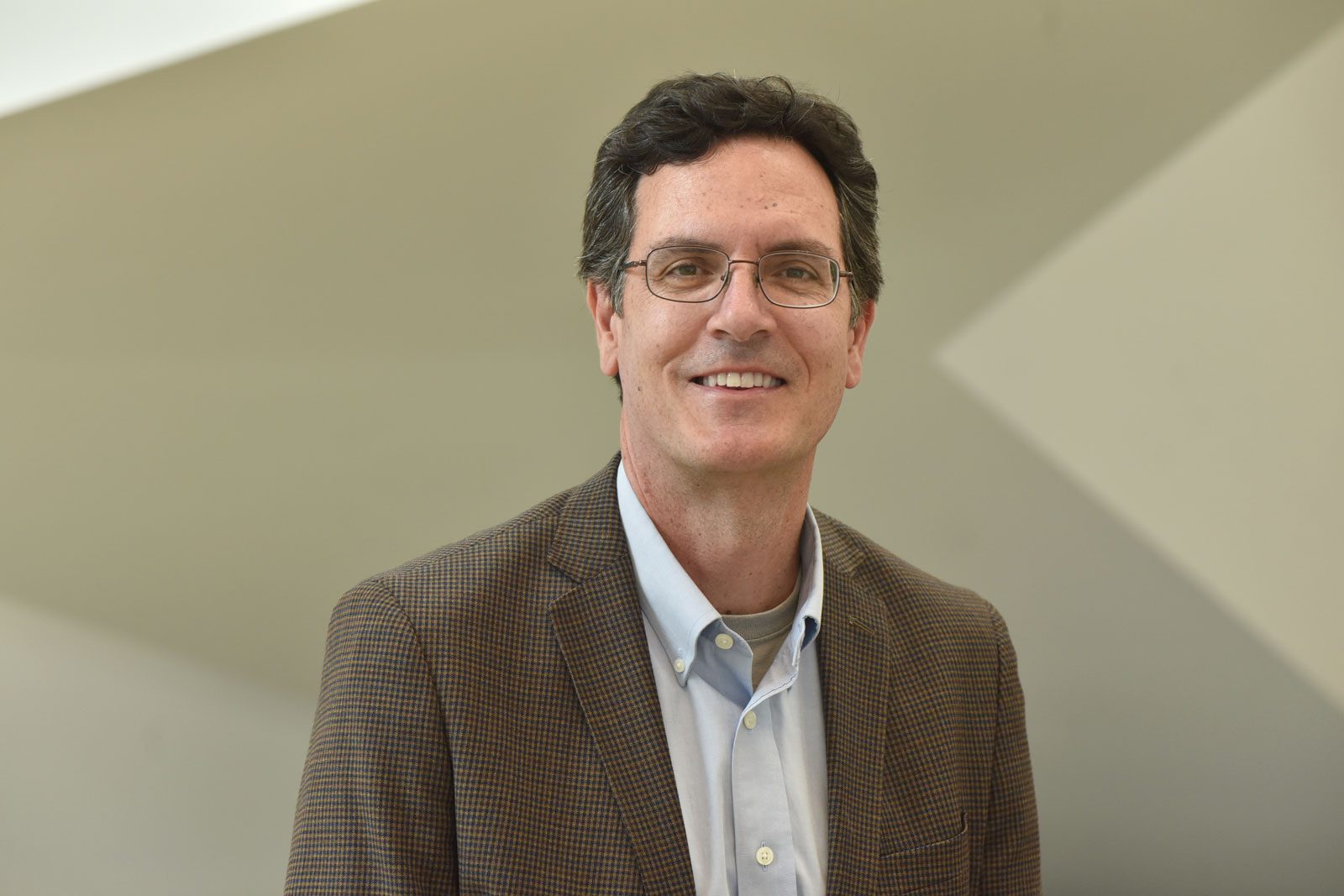
He has provided national leadership as treasurer of the Association of Collegiate Schools of Planning and has served for the past four years as the chair of Taubman College’s urban and regional planning program. In this capacity, he has moved the program forward substantively, helping it move into the top 10 in national rankings and starting new initiatives such as the Bachelor of Science in Urban Technology. Grengs earned his bachelor of civil engineering degree in 1985 from the University of Minnesota Institute of Technology, his master of urban and regional planning degree in 1997 from the University of Minnesota Humphrey Institute of Public Affairs, and his doctoral degree in city and regional planning in 2002 from Cornell University. In between his undergraduate and graduate studies, he worked in professional practice as a transportation engineer and planner. He joined the Taubman College faculty as an assistant professor in 2002 and was promoted to associate professor with tenure in 2010.
Andrew Herscher
Promotion to Professor of Architecture, with Tenure; Professor of Slavic Languages and Literatures, without Tenure; and Professor of History of Art, without Tenure
Andrew Herscher has become a field leading authority on the role of architecture and urbanism in human conflicts ranging from the Kosovo Conflict and the ongoing global refugee crisis to the dynamics of displacement, disinvestment, and dispossession that shape U.S. cities and communities. In his three books, co-edited journal issue and book, and many articles, he has very powerfully analyzed the spatial dimensions of political violence, migration, and displacement, as well as of resistance and self-determination. Through Rackham Graduate School, he has created forums that engage multidisciplinary scholarly communities across campus in discovery on topics including human rights and ways to decolonize pedagogy. This record of generating scholarship and convening intellectual communities has garnered Herscher international recognition and visiting appointments at Columbia, Tsinghua, Edinburgh, and Stanford universities.

He has also successfully bridged from academia into broader public engagement. By organizing exhibitions and interventions at international biennials in Venice, São Paulo, and Chicago, Herscher augments public knowledge of spatial justice as it relates to “abandoned” legacy cities such as Detroit, African American urban communities, and Native Americans. Herscher received his bachelor of arts in architecture from Yale University in 1983, his master of architecture in 1989, and doctoral degree in architecture in 2002 from Harvard University. He taught at Dartmouth College and the University of Illinois before coming to the University of Michigan in 2005 as a tenure-track assistant professor with a joint appointment in Taubman College and LSA. He was promoted to associate professor with tenure in 2011.
Joy Knoblauch
Promotion to Associate Professor of Architecture, with Tenure
Joy Knoblauch is a historian of architecture whose interdisciplinary research addresses the relationships among architecture, human factors in design such as mental health and ergonomics, and governance. Centering on the United States since World War II, her scholarship draws on methods and perspectives from science and technology studies to understand how architecture mediates relations of knowledge and power relating to bodies and minds, individuals and populations. Through her solo-authored book, The Architecture of Good Behavior: Psychology and Modern Institutional Design in Postwar America, Knoblauch demonstrates a distinctively synoptic vantage encompassing disciplinary domains that are usually separate: the medical and bureaucratic systems shaping health care facilities with the academic and formalist approaches advocated by architecture elites via the Institute for Architecture & Urban Studies.
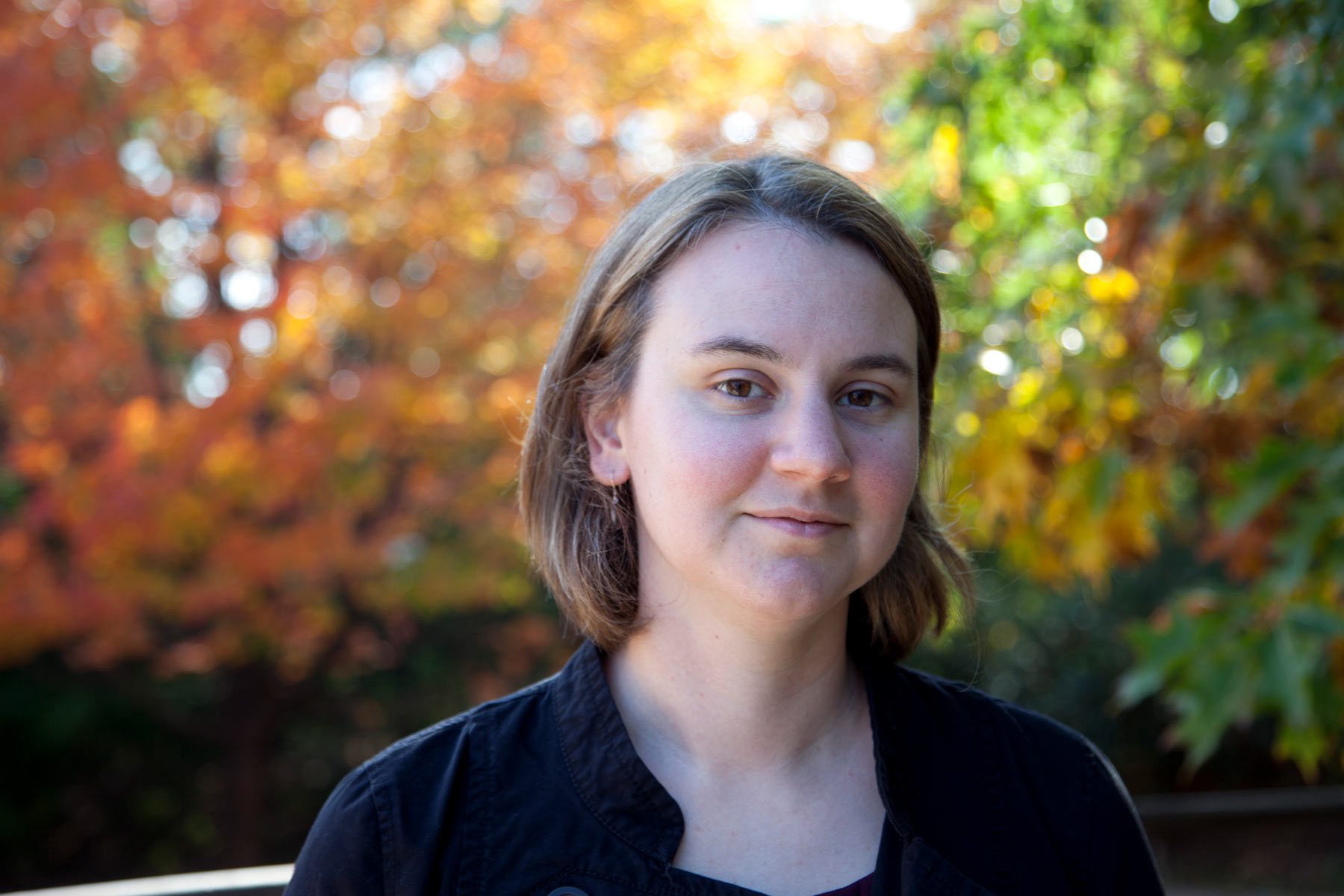
She is emerging as one of the key figures in the small but growing domain of critical historians of architecture’s biopolitical impact. Knoblauch received her bachelor in architecture from Cornell University in 2002, a masters in environmental design from the Yale University School of Architecture in 2006, and her doctoral degree in the history and theory of architecture from Princeton University in 2012. She held teaching positions at Princeton and Columbia universities before being appointed a tenure-track assistant professor of architecture at Taubman College in 2012. She held the Fulbright Canada visiting research chair in philosophy and health at McGill University in 2015.
Kathy Velikov
Promotion to Professor of Architecture, with Tenure
Kathy Velikov’s work has advanced the state of knowledge and practice in three primary areas: responsive building envelopes, urban and social infrastructures, and territories of the Anthropocene. Linking the three primary domains of activity is her systems-based approach to architecture, urban design, and infrastructure, through which she identifies and manipulates the linkages that connect the built environment across scales. Developed through speculative designs, commissioned projects, built prototypes, and written scholarship, her research and creative practice has been disseminated internationally through conference papers, publications, exhibitions, lectures and recognized with awards, prizes, and research contracts.
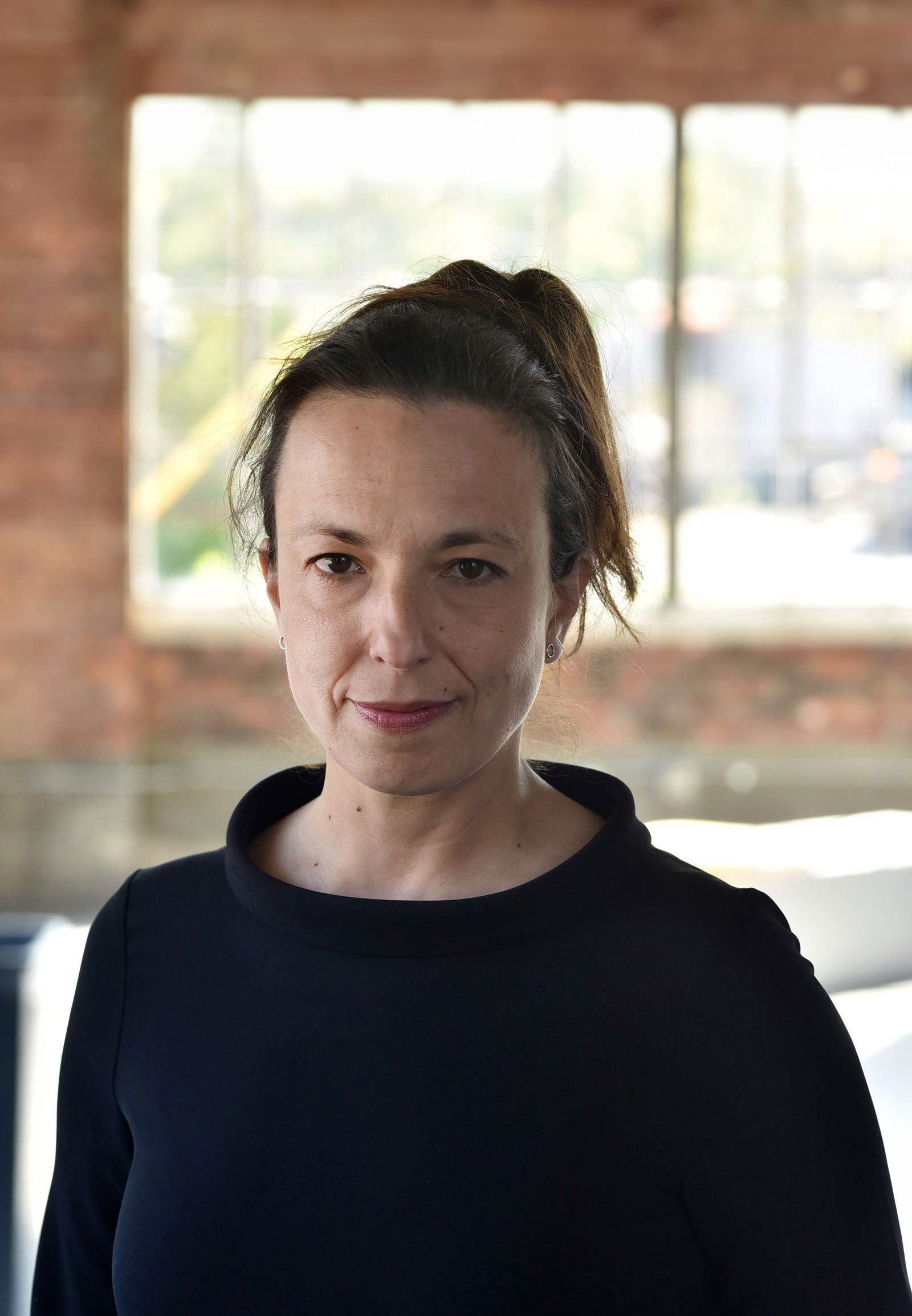
The visibility and impact of Velikov’s work is amplified by her field leadership as president of the Association for Computer Aided Design in Architecture (ACADIA), a dynamic and significant international scholarly organization. In this role, she has been effective at setting and achieving a diversity, equity, and inclusion agenda that has markedly improved the diversity and gender balance of the association while also making it more accessible to students and faculty beyond the United States and Canada. Before coming to Taubman College, Velikov served as assistant professor at the University of Waterloo. In 2006-2007, she was the Oberdick Fellow at Taubman College. She joined the faculty as an assistant professor in 2009 and was promoted to associate professor with tenure in 2015. Velikov holds bachelor’s degrees from the University of Waterloo in environmental studies and architecture. She obtained a master of arts in the history of art and architecture from the University of Toronto. She is a registered architect in both Canada and in the United States.







